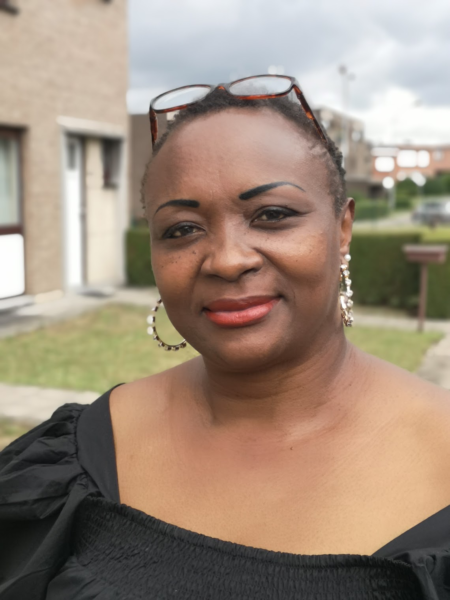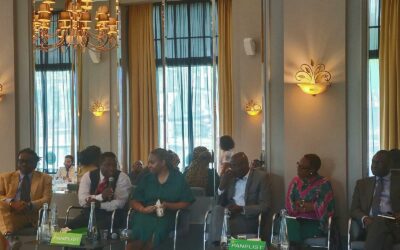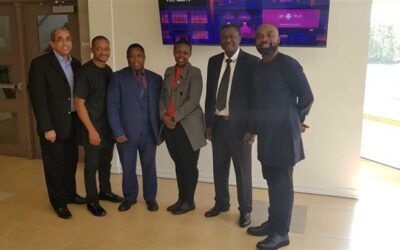Coronavirus: Congolese diaspora from Belgium comes to the rescue of Congolese associations
Owing to the major role played by African diaspora organisations and individuals in the African continent’s development, ADEPT, the Africa-Europe Diaspora Development Platform, is keen to highlight initiatives of the African diaspora based in the EU but also in Switzerland, the United Kingdom and Norway. ADEPT works towards achieving a main goal: improving and strengthening the capacity and impact of African diaspora organizations involved in Africa’s development activities.
A spotlight is thus put on the mobilization of the association Trivision Impacts ASBL, from the Congolese diaspora living in Belgium. Its action, started at the beginning of the pandemic, has been illustrated by great achievements with its local partners, in spite of very low financial means.
The action of Trivision Impacts ASBL
As early as March 2020, as the pandemic began to spread around the world, the association Trivision Impacts ASBL received requests for help and funding from Congolese NGOs to enable them to deal with the intersectoral effects of COVID-19. Albeit lacking funds, the association did not turn its back on these requests. It turned to two local partners: the OLAME Centre in Bukavu (South Kivu Province), and the Mouvement Ouvrier Chrétien Chrétien Congolais, MOCC-Kisangani. Alongside them, Trivision Impacts ASBL piloted the setting up of a pedagogical and methodological support followed by networking.


The two partners selected by Trivision Impacts ASBL are very active in Congo. The first – the OLAME Centre – is a group of women from South Kivu. The second – Mouvement Ouvrier Chrétien Congolais – brings together various local initiatives.
The OLAME centre has been self-financed and has managed to provide cotton protective masks and disinfectant products. It also orchestrated an advertising campaign relayed through posters and flyers, in order to fight the epidemic. Finally, following the closure of the border with Rwanda, the main supplier of agricultural products, the OLAME centre organised, again on a self-financing basis (supplying the Bukavu town hall with its masks and disinfectants), an intensive cultivation of vegetables which were sold at the Bukavu market.
Inspired by these initiatives, MOCC-Kisangani decided to put forward its own expertise. It then organized a production of automatic hand washing devices. And increased its production of vegetables thanks to one of its members: COOPEKIS (Cooperative of breeders and farmers of Kisangani).
The floor is given to a volunteer
Marie-Jeanne Omari is a volunteer project manager for the Trivision Impacts association. With a background in sociology and extensive professional experience in supporting local initiatives, she is in charge of setting up and coordinating projects.


She tells us how the project to fight the virus came into being:
« We are very well known for an intercultural meeting on the defence of migrant women which was planned for 11 March in Liège. But this event was cancelled as we were beginning to hear about the pandemic.
Our friends and partners in Congo (DRC) contacted us, and very quickly in the face of this distress, the COVID-19 project, “All together against COVID-19”, was born.
We have set up a platform, a space for the exchange of practices, and supported 3 projects:
- The Olame Centre which practiced sewing. They had the skills, the means, the fabrics. We supported them in making masks. Thousands of masks were produced by these women.
- The second organization produced soap. Directly, the idea came up, to start producing hydroalcoholic gel. More than 1,000 litres were produced.
- The third project consisted of raising public awareness through signage in French and Swahili.
Trivision’s role: “pedagogical and methodological support, and the promotion of exchanges of good practices, quite simply!”





